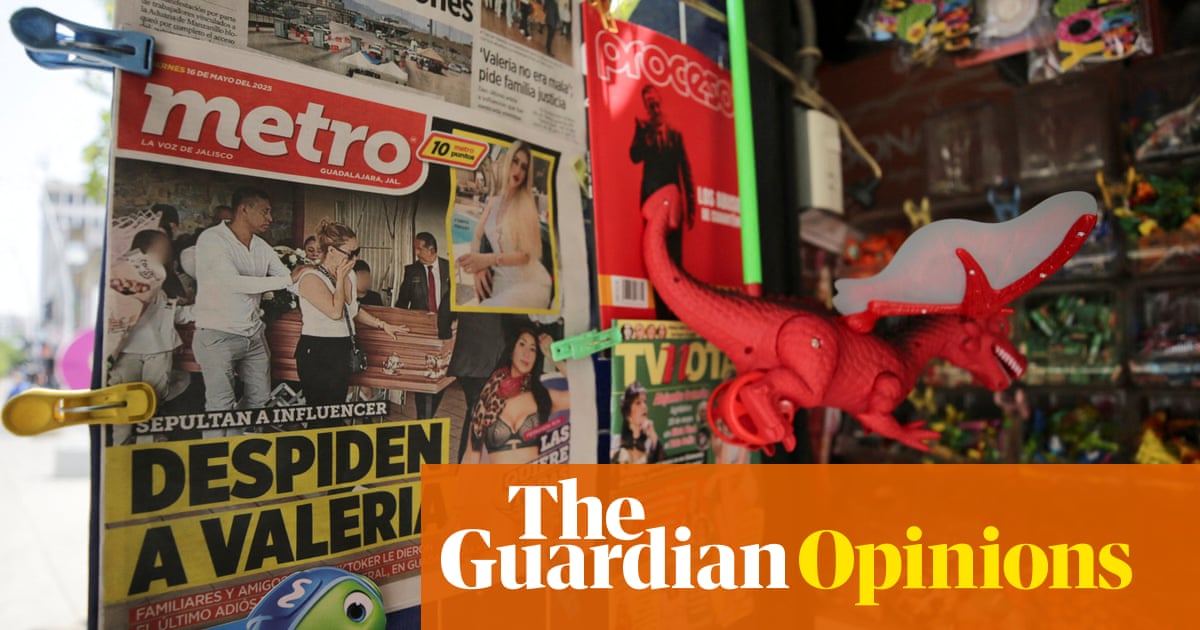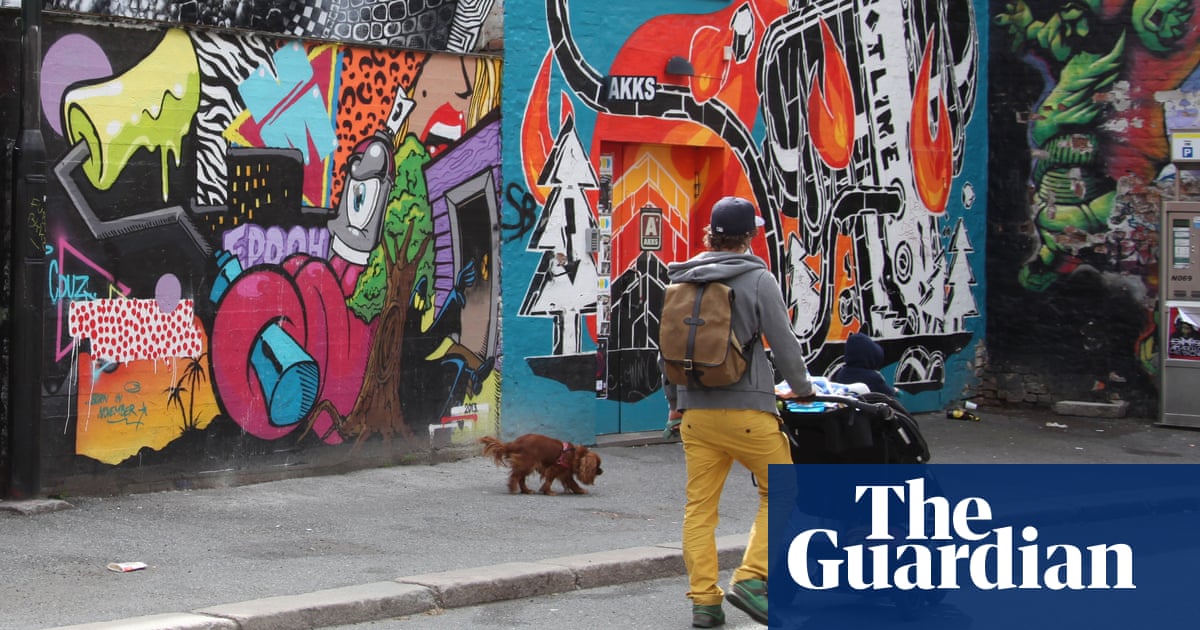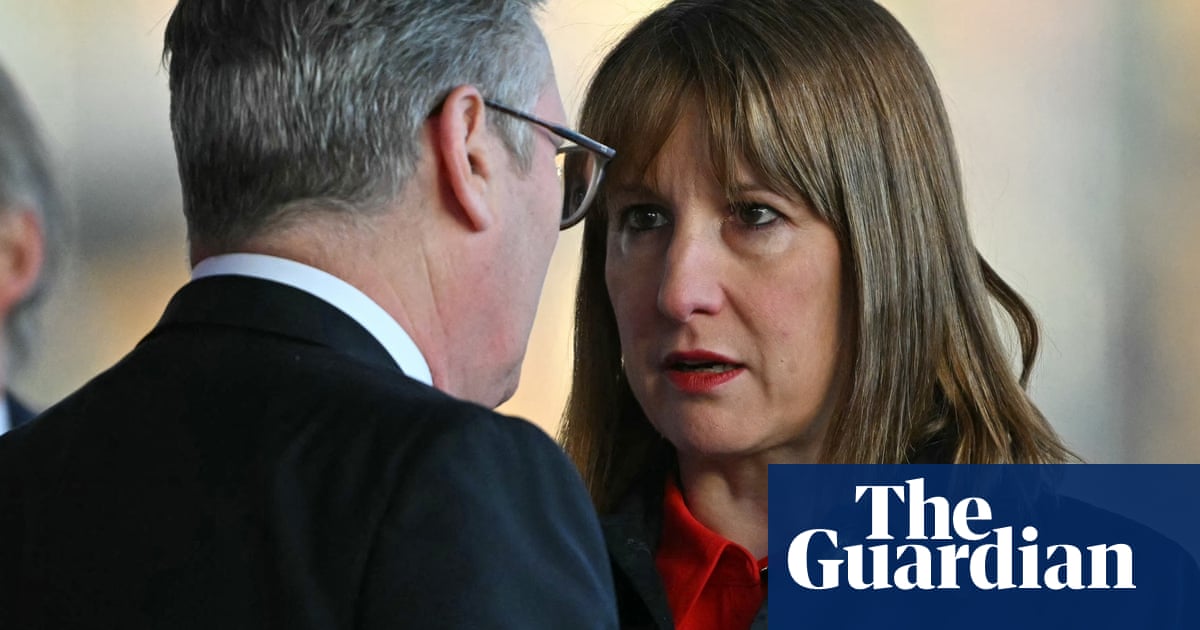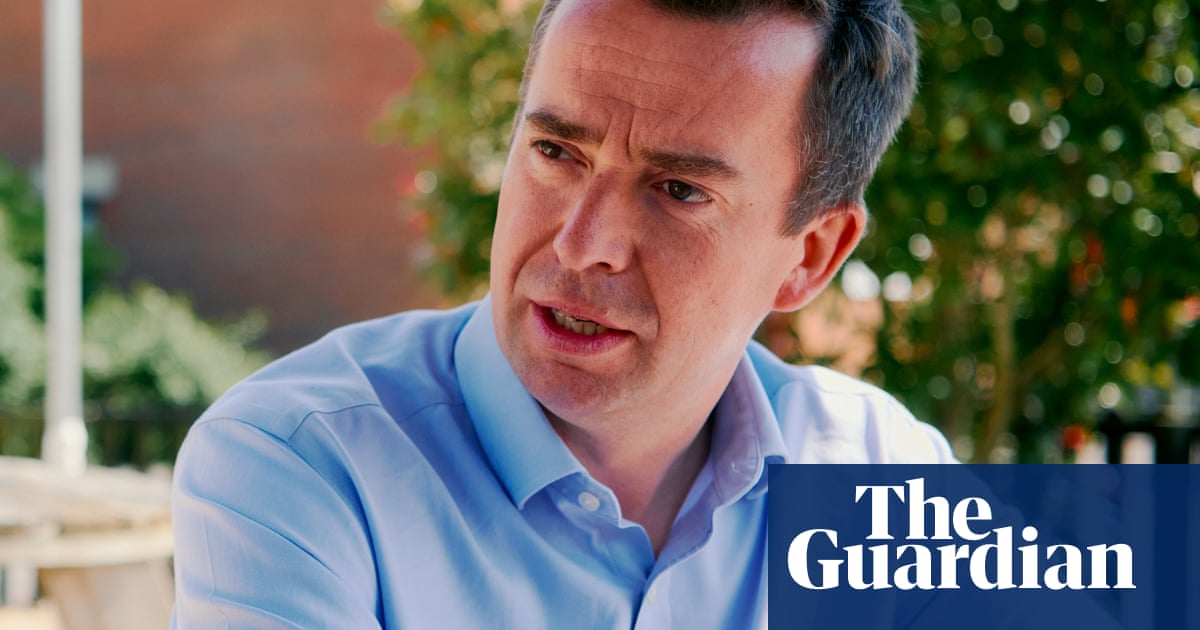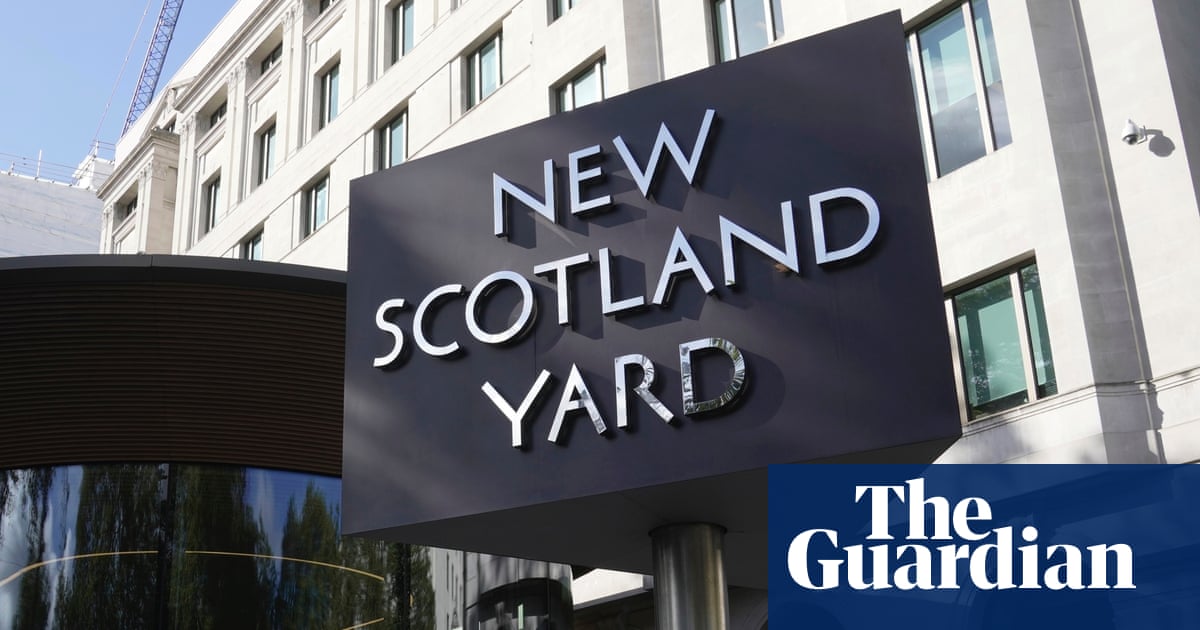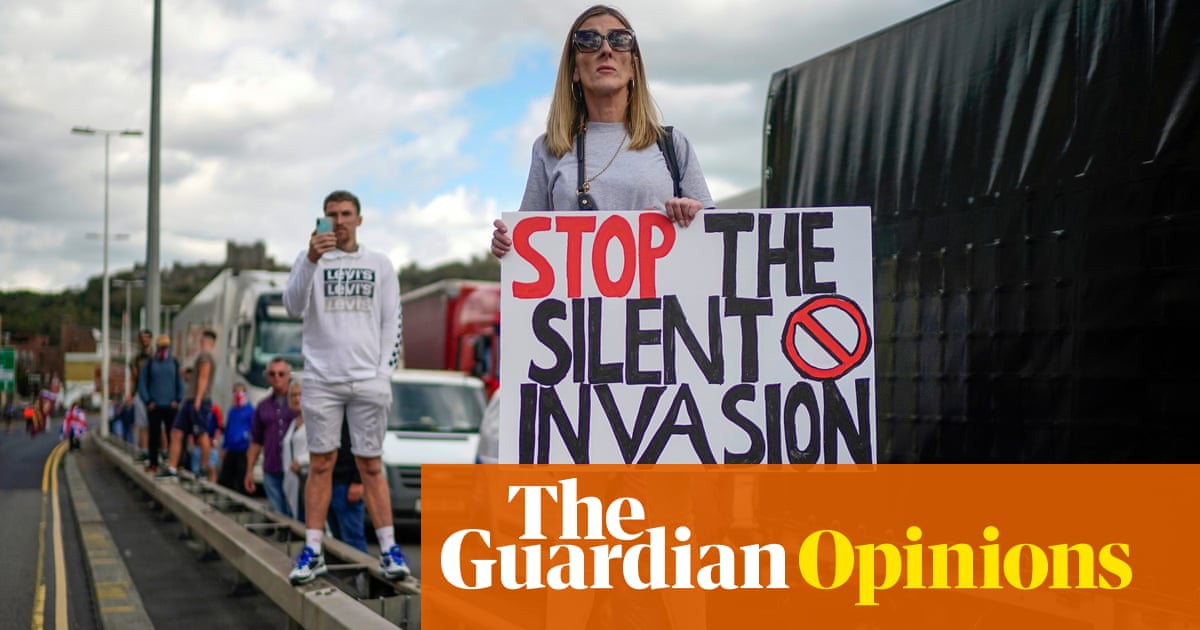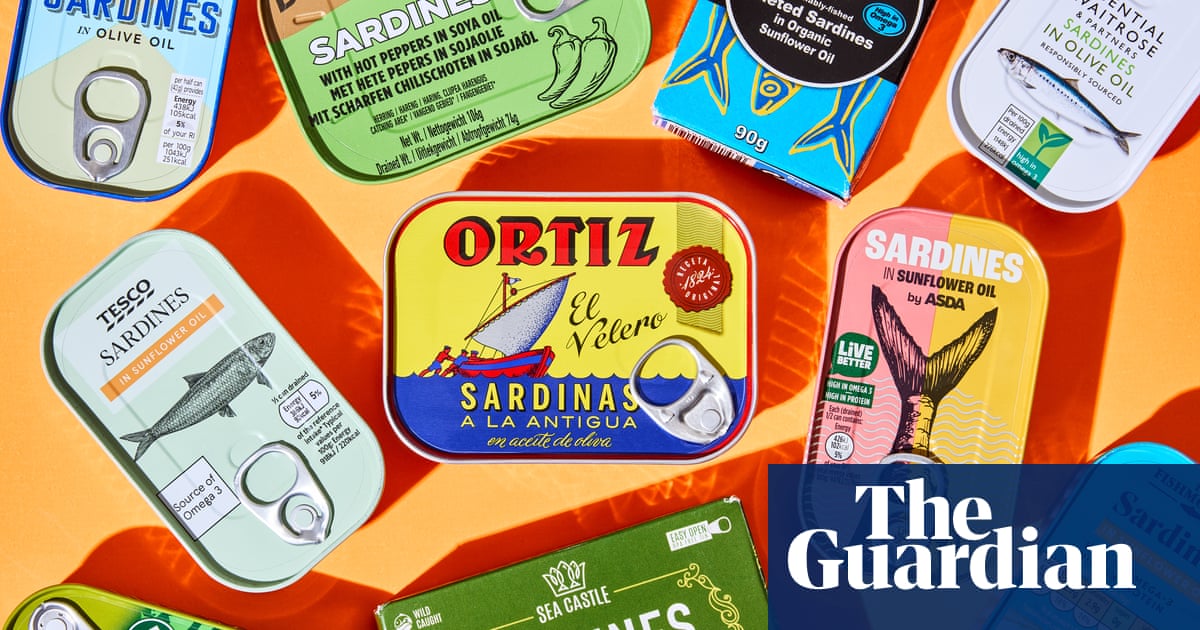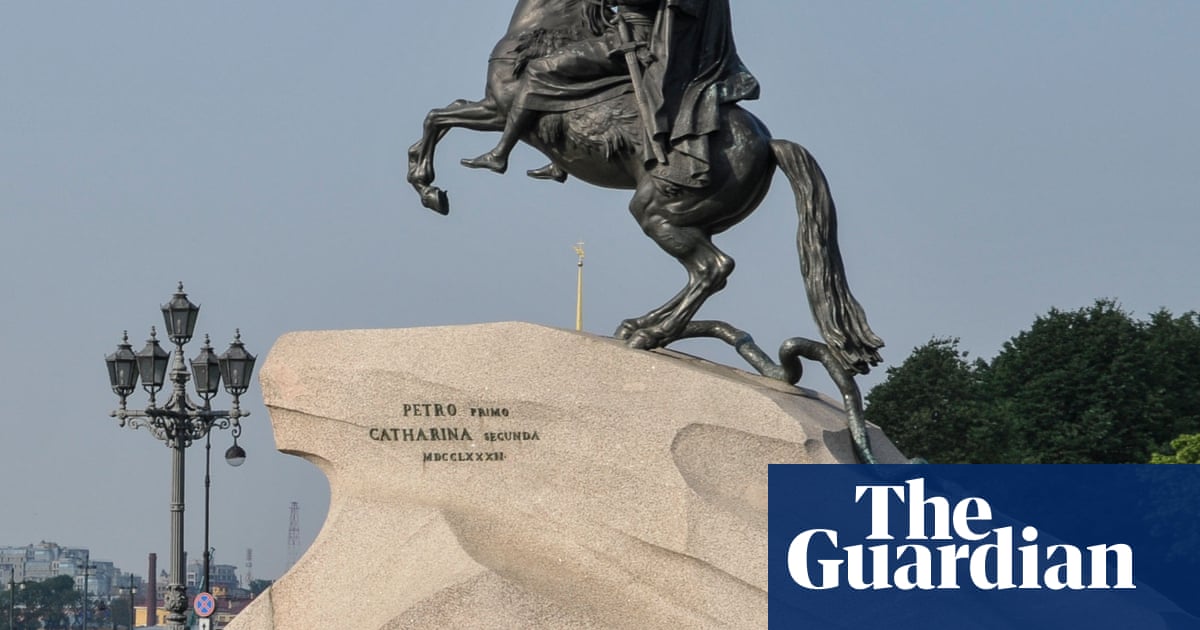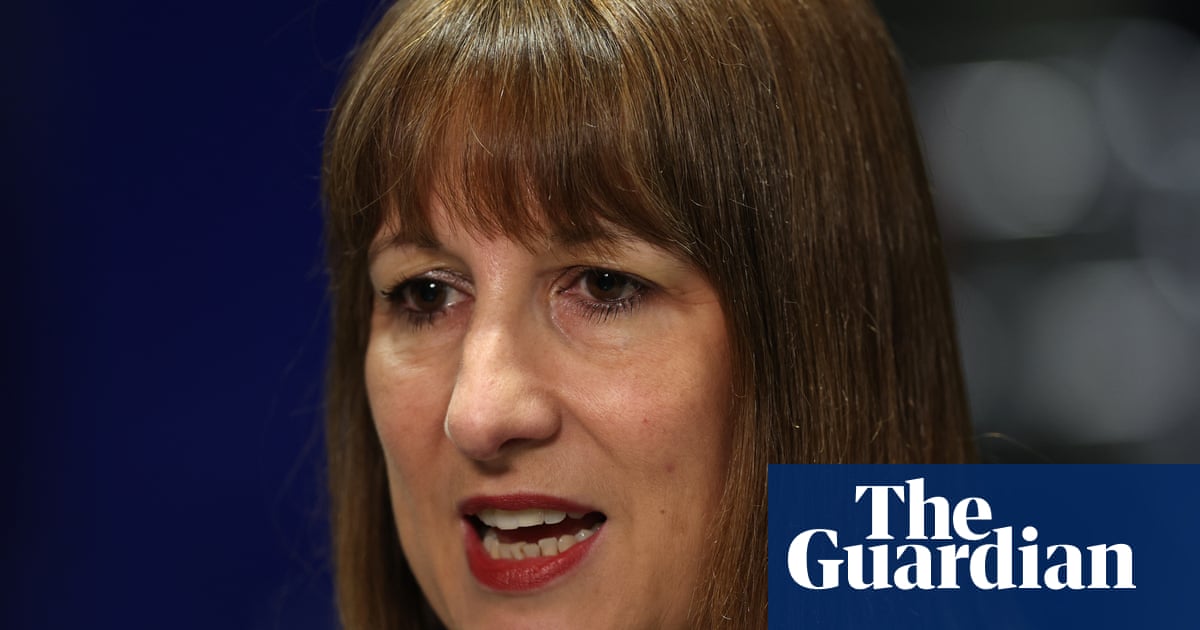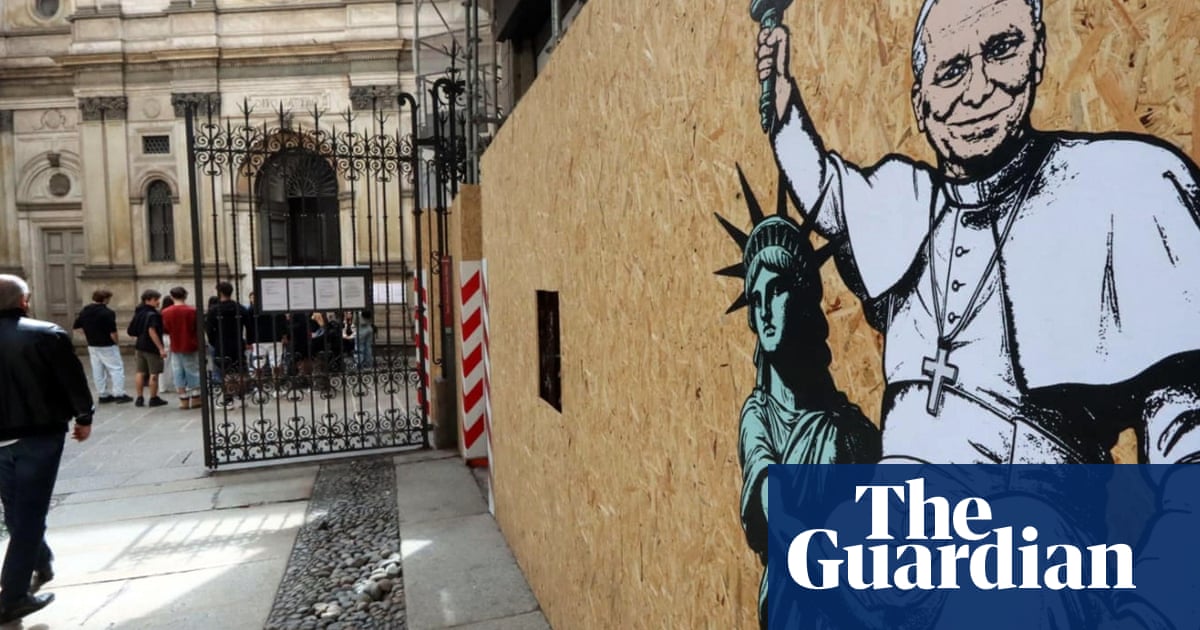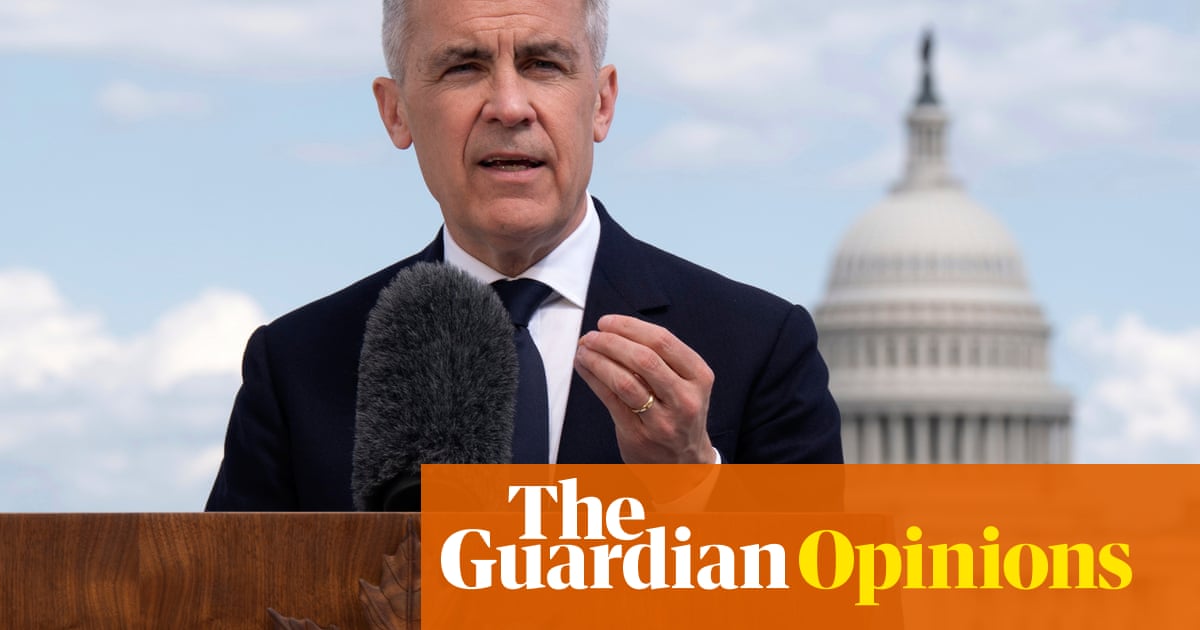Portugal will return to the polls for the third time in just over three years on Sunday to vote in a snap general election triggered by the country’s centre-right prime minister, Luís Montenegro, who is under pressure over his family’s business activities.
Montenegro, who leads the Social Democratic party – the largest party in Portugal’s ruling Democratic Alliance (AD) coalition – is facing political and judicial scrutiny over a data protection consultancy that he founded in 2021 and which he transferred to his wife and sons the following year.
The prime minister – who has denied any wrongdoing or ethical breaches – responded to the accusations by staging a vote of confidence in his administration in March, saying he wanted “to end the atmosphere of permanent insinuations and intrigues”. But he lost the vote and a fresh election was called.
The unexpected election is unlikely to drastically alter Portugal’s political landscape. Recent polls suggest a similar result to the last election in March 2024, putting the AD on about 33%, the opposition Socialist party on 26% and the far-right Chega party on 17%.
Last time round, the AD won 80 seats to the PS’s 78, while Chega, which is led by the former football pundit André Ventura, enjoyed a surge in support and increased its seat count from 12 to 50.
Once again, Portugal’s housing crisis has become a major issue during this latest campaign.
“We’re talking about the same things we did last year,” said Filomena Martins, the deputy editor of the online Observador newspaper.
“We’re talking about housing, rental costs, and the lack of housing for everyone. There isn’t enough housing for everyone because there’s not enough housebuilding. There have been some measures from this government that have helped young people get somewhere to live, but there isn’t enough housing for everyone and there isn’t enough housing that young people can afford on their salaries. It’s impossible.”
Also in play are the issues of pensions, immigration, healthcare and crime and safety. Montenegro’s caretaker government was recently accused of pandering to the far right after it announced the expulsion of 18,000 irregular migrants during the election campaign.
But despite its efforts to push immigration up the political agenda – not to mention its massive growth at the last election – Chega looks set to find itself once again barred from any coalitions.
Montenegro has maintained his veto on any deals with the party, saying: “Governing with Chega is impossible for three reasons: it isn’t reliable in its thinking; it behaves like a political weathervane, always changing its mind, and it’s not suited to the exercise of government.”
The small Liberal Initiative party – which could throw its weight behind Montenegro, bringing his coalition a handful of seats but leaving him well short of a majority in the country’s 230-seat assembly – has also categorically refused to do anything that would help Chega into power.
The far-right party, which has promised to clean up Portuguese politics, has also been hit by a series of damaging allegations relating to some of its members. In January, Chega expelled one of its MPs from the party after he was accused of stealing suitcases at several airports. Another member of the party was caught drunk-driving the same month, while a third has been charged with paying for oral sex with an underage male who was 15 at the time.
The party has returned to its attacks on Portugal’s Roma community, prompting angry protests at some of its events. Speaking earlier this week, Ventura – who has previously accused the country’s Roma population of having “a chronic problem of dependence on benefits, delinquency and violence – said he would stand up to “threats” from the Roma people.
after newsletter promotion
“It’s time to stop cowering and put an end to this total impunity!” he said.
Ventura’s efforts, however, have been curtailed by health problems in the past few days. After twice falling ill at rallies this week and receiving hospital treatment for oesophageal spasms caused by gastric reflux and high blood pressure, he was reluctantly forced to sit out the last day of campaigning on Friday.
Eunice Lourenço, the political editor of the Portuguese weekly Expresso, said the outcome of Sunday’s election remained distinctly unpredictable.
“The polls aren’t giving clear answers: the coalition government is in the lead, but that lead is very small,” she said. “There’s no clear solution when it comes to governability. President Marcelo [Rebelo de Sousa] has said the most important thing isn’t who wins, but who can offer the best conditions to get things through parliament … We don’t know what will happen.”
Last year’s general election was triggered after the socialist prime minister, António Costa, resigned in November 2023 after an investigation was launched into alleged illegalities in his administration’s handling of large green investment projects.
Costa – who had been in office since 2015 and who won a surprise absolute majority in the 2022 general election – has not been accused of any crime and has gone on to become the president of the European Council.

 3 hours ago
5
3 hours ago
5
